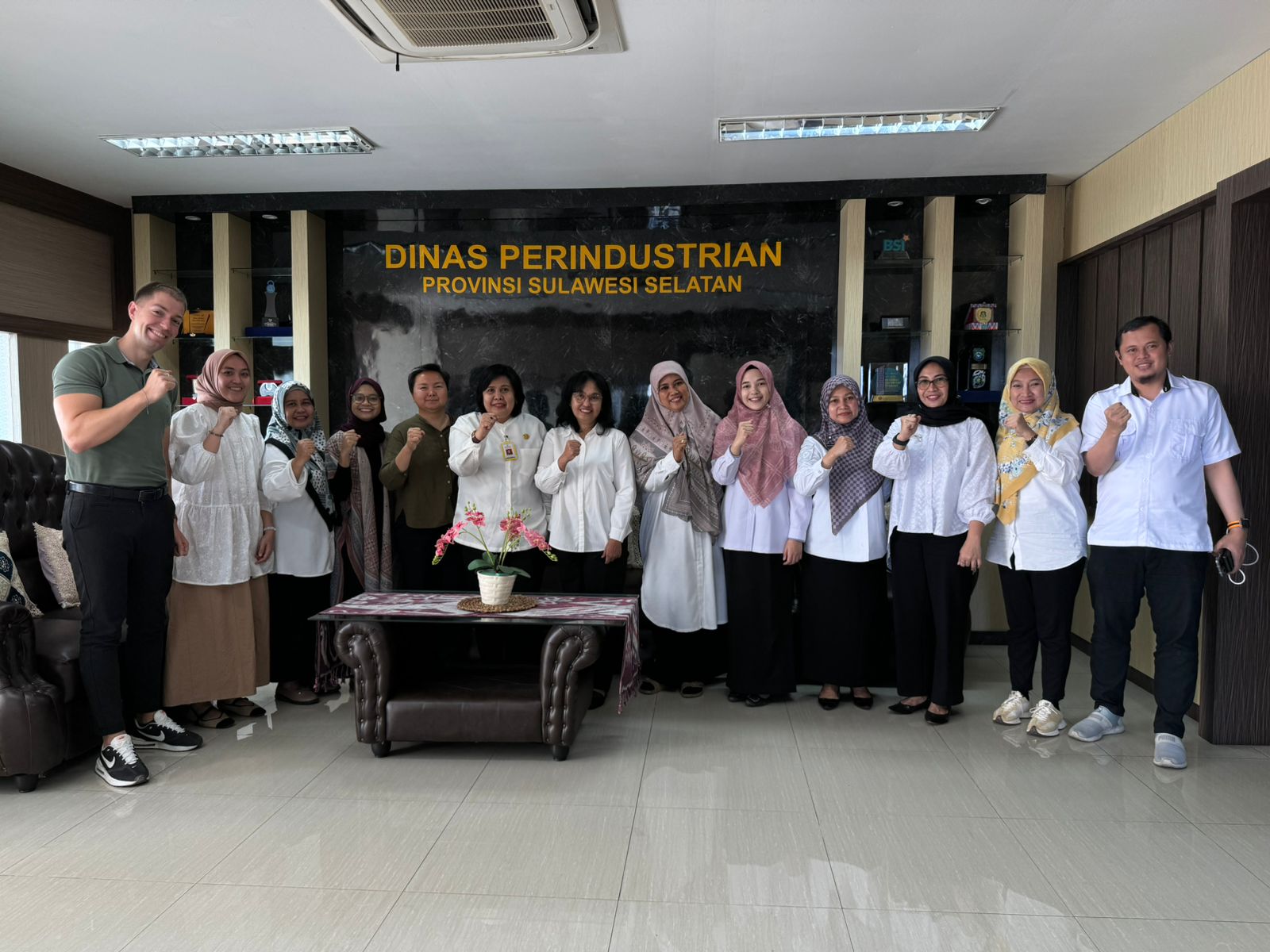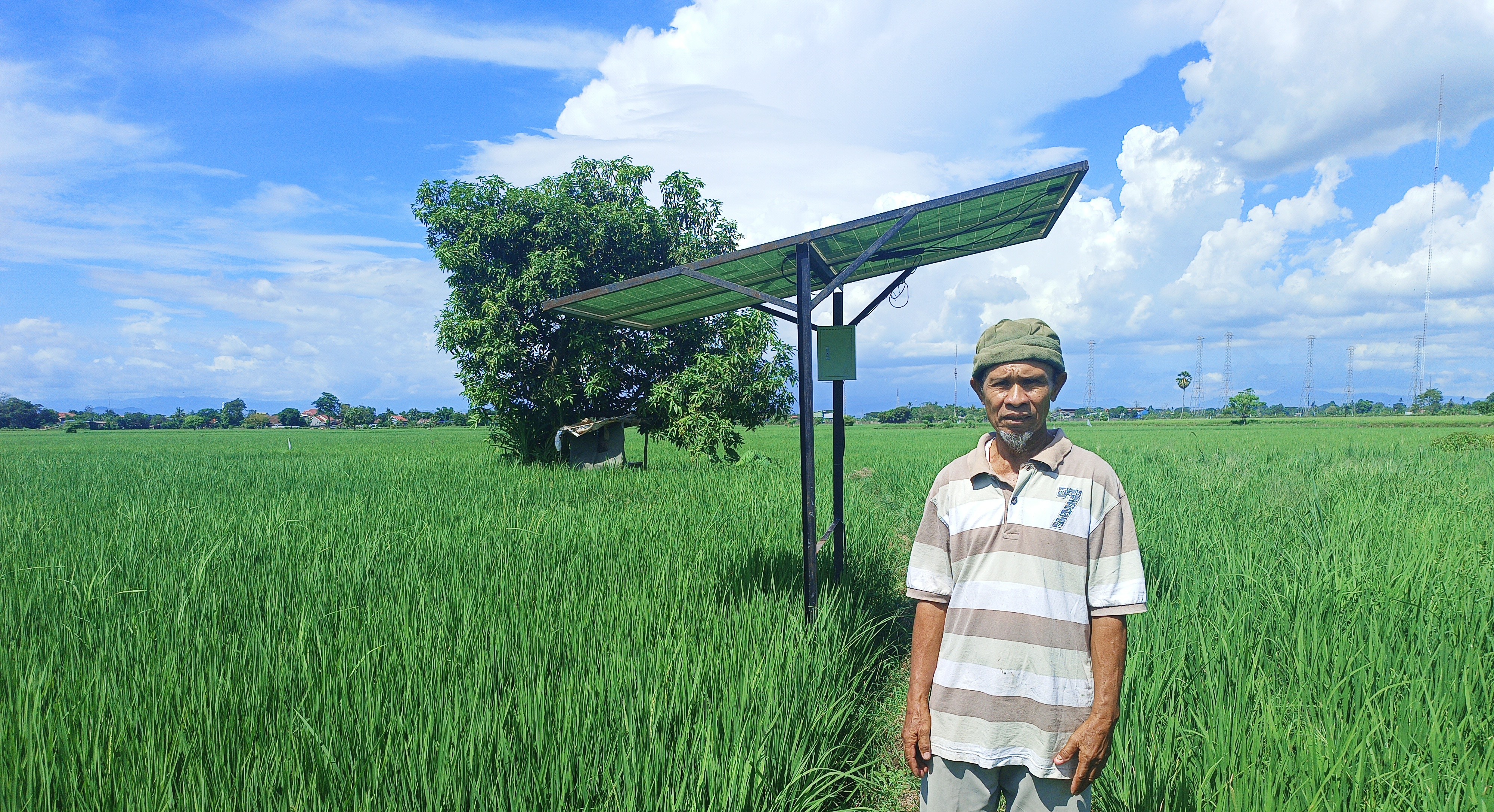Developing countries are undergoing green energy transitions, longer-term energy planning processes, and defining net-zero emission targets. Energy transitions cannot be considered in isolation from the broader socio-economic system. The shift away from fossil-fuels to new renewable energy solutions will have interactions and feedback effects also on the wider economy.
The extent to which countries can benefit or miss out on opportunities from energy transition will also depend on their economic structures, on the governance (e.g., being open to working collaboratively in the era of poly-crises), on the industrial policies (to leverage on material value chains), on the absorptive capacities (i.e., human resource capacities), among others.
The UNEP Copenhagen Climate Centre has initiated Socially Inclusive Energy Transition for Indonesia (SISET) with the objective to support the sub-national governments i.e., select provincial governments in Indonesia, in their ‘just and inclusive’ energy transition and implementation through incorporating socio-economic considerations such as strengthening skills and employment, supporting entrepreneurship and SMEs, diversifying and maximizing green economy opportunities and localizing the energy transition process.
The primary objective is to support Indonesia with their decarbonization pathways, to offer normative and scientific evidence for decision-making and governance, to offer frameworks, methodologies, and practical tools.
Supporting a renewables-based energy transition pathway entails establishing an enabling environment, training new workforce and skills, developing green industrial policies, engaging with multi stakeholders and perspectives, while ensuring equity.
SISET will provide technical assistance, and capacity building support to stakeholders along with actionable recommendations on improving socio-economic and developmental opportunities of the energy transition. The envisaged outcome is an improved capacity to fully understand and utilize the concept of just and inclusive transition at the provincial levels aligned with the potential decarbonization opportunities being pursued at sectoral levels.
Moreover, an improved capacity to incorporate socio-economic co-benefits and inclusive stakeholder engagement into the country’s NDC planning and implementation processes. The targeted impact is to ensure that the policy makers and decision makers adopt decarbonization pathways through incorporating just and social development aspects, thereby minimizing the trade-offs entailed in the transition processes and enabling them to be more equitable.
The SISET is implemented by the UNEP Copenhagen Climate Centre and funded by the Ministry of Foreign Affairs of Denmark (Danida).
Webinar:
Socially Inclusive Sustainable Energy Transition in Indonesia – Opportunities for Gender Equality
Share this
Focus area: Climate Planning and Policy, Supporting sustainable energy & transport access & transition
Country / Region: Indonesia










